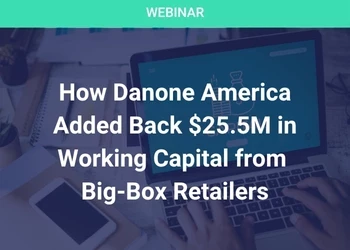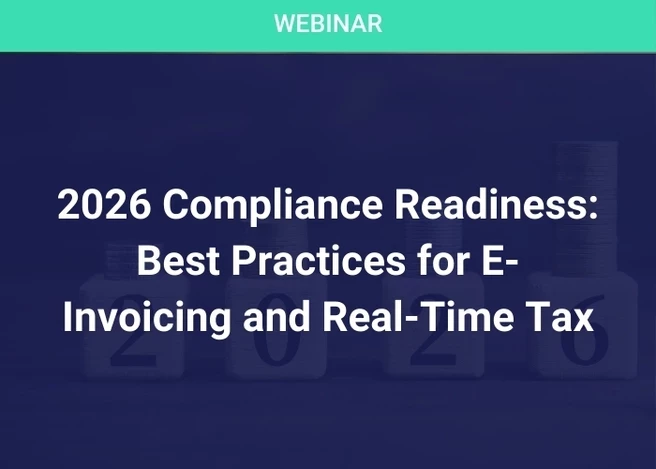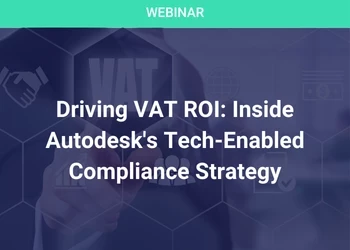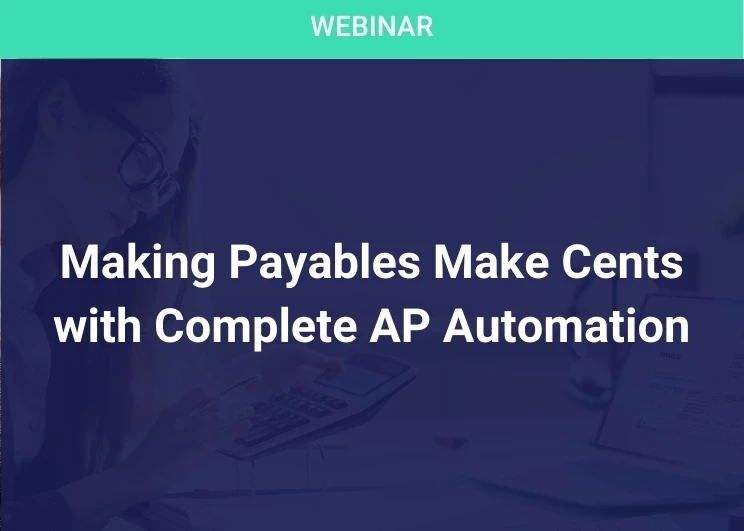Orange case study: Managing local compliance in Global Business
Add bookmarkAs part of the Local Compliance in Global Business series in association with BDO, SSON spoke to Kris Van den Eynde, Corporate Controller at Orange Business Services about their partnership with BDO and the challenges of managing tax and local regulatory requirements following the outsourcing of financial activities to Accenture.
SSON: Following the centralization of your transactional finance activities at Orange, what challenges have you experienced with local regulatory requirements? And what were the main compliance issues?
Kris Van den Eynde: As we have outsourced these activities, in principle we don’t have any more local accountants in the countries, and everything is done several thousands of kilometers from the entities base. It is therefore important to have very good communications. And the second thing, which is equally important, is that we should have a very good service level agreement between our organization and the outsourced organization so that we can ensure no loss of the quality and the integrity of the data compared to when work was carried out internally. I think that is a big challenge as things have to be done now remotely, whereas in the past they were done on the entity premises itself. So now we have to change our way of working - from a control point of view, so we have to ensure that the right controls are in place, that the monthly reconciliations are done on time and that they are still reviewed by a person who is within our internal organization to ensure what the outsource company is performing during the month to continue to give us the expected quality at the end of the month.
SSON: What particular drivers persuaded you to change how you were handling your compliance - in other words what drove you to seek out BDO services?
Kris: As we outsource all of our transactional activities into the delivery centers with Accenture, at the point of time when we transferred these activities, we had to make local people redundant. As a result locally there was no knowledge on statutory accounting, compliance and so on. So in order to maintain the right level of expectation from a compliance point of view we brought in the services of BDO, as BDO take care of local GAAP accounting. This means that they are able to ensure that from a local GAAP point of view, our accounts are correct according to local GAAP rules so that our accounts can be audited and we are able to file our accounts on time.
SSON: After the transition period, what other challenges did you face in the areas of compliance and regulatory requirements?
Kris: The biggest challenge is to have everything done on time, because we are now depending on the outsource company to ensure that at the end of the year we receive all the data reconciled on time. So for that we have to put a process into place, which we agreed with the external auditors, with our internal organization and with BDO to ensure the data that we receive from our outsource company is of very high quality - that there is nothing missing. And this must be reliable information; otherwise BDO could get into issues and problems if they start transforming our IFRS numbers into local GAAP numbers.
SSON: How easy was it to transfer these services to BDO, and how long did it take before you began to see positive results?
Kris: I would say with BDO, it went quite smoothly. Under the global umbrella agreement, we captured a huge number of countries on a worldwide basis, and we started to work from the same framework. This meant all the processes and procedures from a compliance point of view to get a local GAAP statutory accounts, were handled at a global level, and it was not on a country by country basis. Because we had a global framework, we could transition much more easily than with the central support of BDO to ensure that the policies and procedures to follow were identical across the board.
SSON: If you were to cite three benefits of implementing the solution from BDO, what would you consider those benefits to be?
Kris: Firstly that they have a very good global representation and framework. Secondly it was coordinated from a central point of view so we had one central point of contact with BDO, which facilitated the communication significantly. Thirdly, they have also developed a kind of database - a portal in which they hold all of our entities and information. This is critical data from a compliance point of view and includes such information as details of the directors of the companies in the countries, dates for the times of filing copies of documents such as previous year’s financial statements, the tech and VP declarations as well as a project management task tool.
SSON: What are your future plans for the next few years, for compliance and tax regulations?
Kris: We have had some backlog issues in the past. On a global level we have been working very hard together with the different parties, through our outsourced delivery centers, from Accenture, to BDO, our internal organization and our external auditors. We have worked very hard to clean up that backlog and it is now gone and we are up-to-date. What I foresee now is that with the right planning in place, the data will be available - BDO can then transform the financial statements, the files can be delivered to external auditors, then the auditor can transform their activities, return the files to us so that we can file the statements. I think this is now being planned, entity by entity.
SSON: Kris, for other organizations who may be struggling with their compliance and regulatory requirements after outsourcing financial activities - what advice would you give to them?
Kris: I would say consider your compliance as a priority. I would say the consequences of not filing accounts on time or making tax declarations on time is something which has been neglected. And my advice is to take it seriously, have the right organization in place - even with an outsourced company who are doing the transactional activities. I would say outsource compliance requirements to third party organizations who can take care of the local GAAP statements and have the right service level agreements in place to ensure your filing is to a high level of accuracy and on time.I think that is very important.
I can say that currently from a compliance point of view, we have come to a point where I feel very confident and very comfortable with the current organization with the outsourced activities with BDO for the local GAAP. And to Accenture for the transactional activities for IFRS for our management accounts, because we have these service level agreements and these are checked on a monthly basis for the right KPI’s.




















